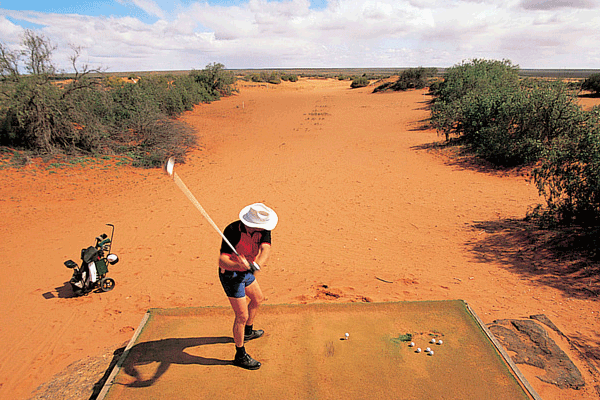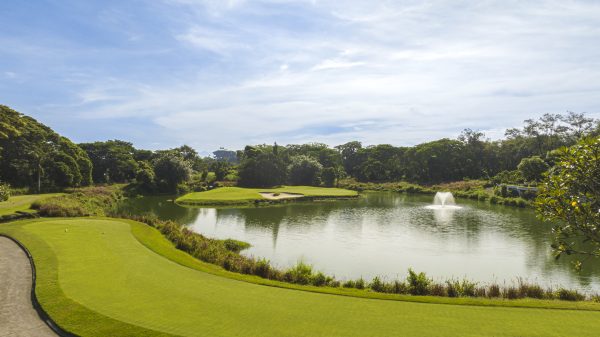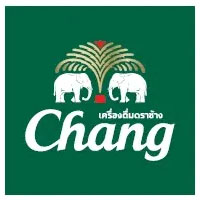We are aware that Thailand’s tropical climate has a rainy season (Apr-Nov, see https://www.thailandgolfzone.com/thailands-rainy-season-how-does-it-affect-our-golf) and the remaining months enjoy hot and predominantly dry weather throughout, resulting in a tourist “high season” especially in respect of golfing visitors. The 4 main golf areas, Bangkok, Pattaya, Phuket and Chiang Mai all have to manage their water in this period in order to sustain good playing conditions throughout the year. When water is scarce, there is the added challenge that community demand takes priority. Thus, sustainability becomes paramount and stockpiling precious water in the rainy season essential.
Designers are very aware of this which is why water features abound in Asia and strategic reservoiring in the form of large lakes is no accident. A great deal of time and specialist expertise is invested in planning for water sourcing. We all want our courses to be lush and green and when conditions are parched, greens rock hard and fairways threadbare we notice; although every cloud has a silver lining and 40 yards run on your driver comes in very handy! Notwithstanding, drought conditions are bad for business…visitors expect the best experience and take good conditioning for granted so the 2015/16 dry season has been a significant challenge as genuine drought conditions prevailed for the first time in years. One prestigious golf course in particular suffered; Springfield Royal Country Club near Hua Hin. This superb Jack Nicklaus design was hit hard with its various lakes as low as 10% capacity and significant restrictions placed on water usage. Others in the area faired just as badly, but the 2 most prestigious local courses Black Mountain and Banyan weren’t impacted so severely, perhaps because they planned better or maybe they were just luckier. Black Mountain was of course hosting the True Thailand Classic in February and needed to be in prime condition in front of the television cameras but a few months later even they were seen to suffer “around the fringes”.
The drought was certainly bad with almost no rainfall from November until late May; just a couple of showers in January which made no impact. It was the worst drought in Thailand in almost a decade. The last was in 2009 but this year was more severe. An additional factor is that Hua Hin’s population is also expanding rapidly and the growing demand for domestic water risks outstripping supply completely. There are rumours of water pipelines from outlying areas that support Hua Hin but as yet nothing concrete has been announced.

This isn’t a new experience for global golf. In the United States, in areas that suffer from water shortages throughout the year and experience high household demand, such as California and Arizona, the golf community has always struggled with its water consumption, environmental credentials and aura of exclusivity. When Californians can’t clean their beloved cars because of hosepipe bans and on the television and lining magazine shelves there are glossy pictures of pristine, fabulously green fairways with what appears to an extravagant use of sprinklers used to maintain this idyllic lifestyle for the wealthy and privileged, naturally there is a clammer to close the whole industry down.
Thailand doesn’t yet face this type of problem and water management is very clearly a challenging and complex issue as periods of severe flooding give way to drought. Nevertheless, the golf industry, which is an important and growing contributor to the country’s tourism offering needs to do all it can to plan for the threat of drought and manage its resources accordingly to minimise the risk of losing some courses altogether.

I shall end by saying that from what I experienced this past weekend, happily the staff and management at Springfield Royal Country Club have recovered their course to full playability which is good news for golf fans.
This post has already been read 281 times!








